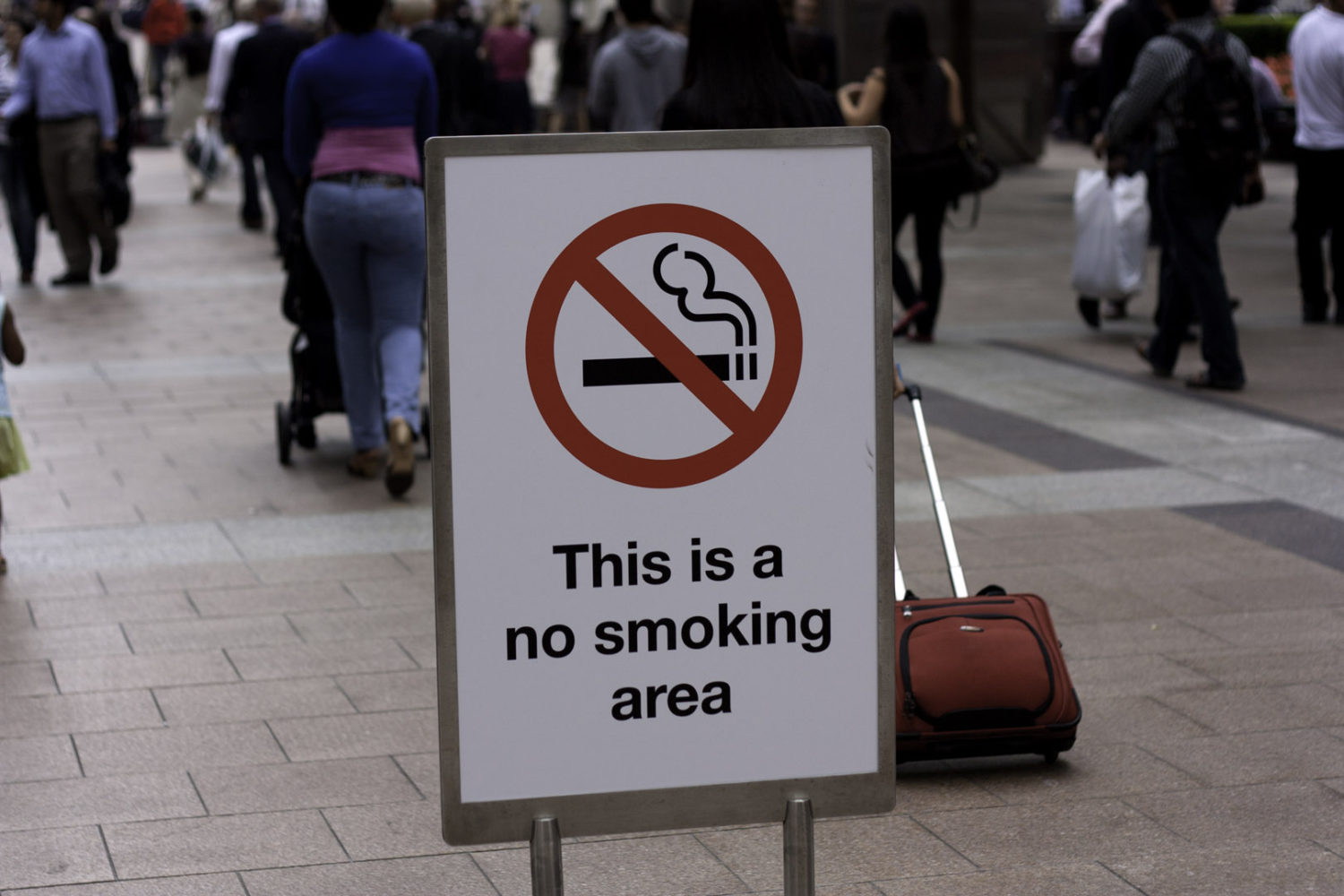Spending to save
Preventive approaches to healthcare can save both lives and money. Starmer would do well to learn from the last Labour government, argues Ben Wesson
The phrase “prevention is better than cure” is a favourite among politicians and health officials. Yet, looking back at over a decade of cuts, you would be forgiven for calling into question the UK’s commitment to preventative approaches in healthcare.
According to analysis by the Health Foundation in October this year, the public health grant – funding provided to councils by the Department of Health and Social Care for local public health services – has been cut by 24 per cent on a real-terms per person basis since 2015/16. The Health Foundation indicates that some of the most significant reductions in the overall spending were for stop smoking services and tobacco control, falling by 41 per cent, as well as drug and alcohol services for adults (28 per cent) and sexual health services (23 per cent).
Yet we know prevention works. You need only look at the successes of the last Labour government for proof. In a speech in January this year, Labour leader Keir Starmer highlighted Labour’s record on smoking. In the early 2000s, more than one in every four British adults smoked cigarettes. Nearly every pub you walked into would be filled with smoke so dense it made it hard to see; you would be lucky if you could rid your clothes of the smell after several spins in the washing machine. Workplaces had dedicated smoking rooms, and the passive inhalation of smoke led to hospitalisations due to breathing difficulties and asthma. Research at the time published in the British Medical Journal found that there was a 50 to 60 per cent risk of passive smokers, those inhaling second-hand smoke, contracting coronary heart disease.
The dial began to shift with the publication of Labour’s 2005 manifesto. In 2007, the government banned both smoking indoors and cigarette advertising, and raised the minimum age for tobacco purchases from 16 to 18 years old. These actions led to a significant reduction in the number of smokers across the country. Smoking levels are now at a record low, with just 14 per cent of adults smoking. The decline of smoking prevented thousands of people from needing treatment, freeing up beds in our hospitals and appointments in our GP surgeries.
In his speech, Starmer stated that the next Labour government “would act on the principles of prevention and early intervention.” But an incoming Labour government will inherit significant public health challenges. It will need to get to grips with rising levels of obesity, alcohol consumption which has risen throughout the pandemic, mental illness, age-related conditions like dementia, and a growing, ageing and diversifying population, often living with multiple long-term conditions such as diabetes and arthritis.
Relying mainly on curative medicine – treating the symptoms of conditions to restore the population’s health – would be an easy option, but it is costly, and fails to address the root causes of ill health. Labour should instead prioritise preventing ill health in the first place, as it did back in 2007.
Recent government and NHS strategies have all made significant promises. Yet they have fallen far short of the scale of action required. Above all, they have failed to offer the increased investment we need.
Announcing ‘spend to save’ investment which predicts and prevents risks to our health would be a bold first step for a Starmer government. We now know that one preventative public health measure, the sugar tax, which was introduced four years ago, has led to a yearly reduction of 48m kg of sugar from our diets, reducing obesity and boosting health. It also raises around £300m in revenue for the government each year, which can be invested in other health priorities.
Greater investment in prevention reduces the burden on the NHS and society, supports resilient communities and increases the number of healthy years lived by people across the UK. There is no excuse – we must seize the opportunity and make prevention a priority.
Image credit: Senseiich, CC BY-SA 3.0 via Wikimedia Commons

